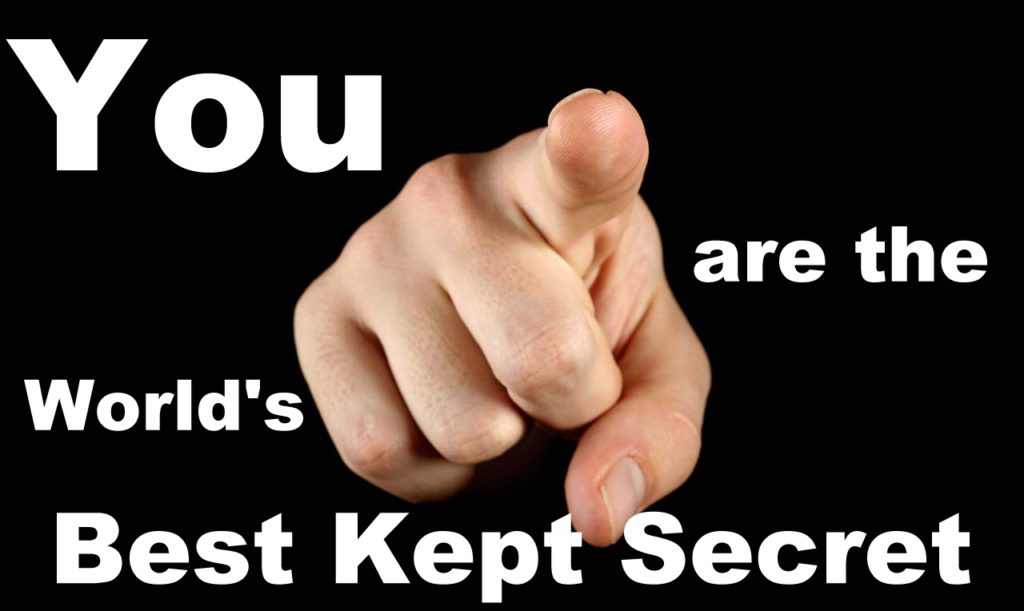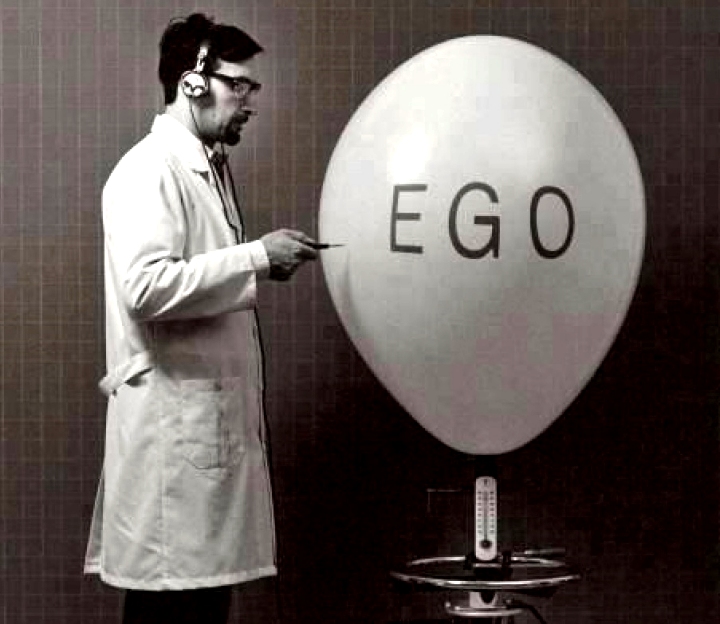You might think you’re dealing with a narcissist, but you might just be dealing with someone who is selfish. Ask yourself is this a narcissist or selfish person?
Selfish people are self-centered, putting their needs, wants, and desires before others, and they’re less likely to concern themselves with the needs of others. So, before you jump to the conclusion that you’re dealing with a narcissist, sociopath, or psychopath, consider you might just be face to face with someone who is selfish.
And being selfish is not all bad. Some of the healthiest people are selfish. It takes a degree of selfishness to make sure you’re looking after your own needs, because if you don’t look after you, then who will?
Being selfish enough to look after your own needs is something you might need to so, especially if you’re in the habit of caring for others or putting the needs of others before your own needs. This can lead to unhealthy martyrdom, which is unnecessary self-punishment and does not serve you well.
There is a delicate balance between selflessness and selfishness which a healthy person needs to maintain, just as there is a thin line between selfishness and narcissism, as well as narcissism and sociopathy.
Just because selfishness is a component of those on the Antisocial Personality Disorder spectrum, doesn’t mean they are suffering from ASPD, they might just be selfish. It’s hard to believe that anyone is not selfish these days because our society trains us to be selfish.
How to deal with selfishness
First, try to understand that we’re all in this together. We are born selfish. It is a survival instinct. We are taught how to share and care for others as young people in training, though some of us were raised devoid of this training.
None of us is better than anyone else, and if someone is being selfish, it may be part of their survival instinct. If someone has not always been selfish, then suddenly acts out as being extremely selfish, if you dig deeper, you will find the causality of the selfishness.
Selfishness can be situational or a temporary response to being in fear, or an act of self-preservation. You see the selfishness response in those who have been victimized, in physical or emotional pain, or facing challenges with safety, well-being, survival, or mortality.
Left to itself, selfishness could overtake someone completely, or after time, they could find balance, once they have provided for themselves a sense of safety and security. Being selfish does not make you a bad person.
Remember that when a selfish person is protecting themselves, it’s about them, not you. It’s easy to think that they are directing their selfishness at you by imposing their wants, needs, and desire over yours, or not having any concern for you whatsoever, but in reality, they may just be weak and hurting people, taking care of themselves in the only way they know how.
Being in close proximity of someone who is damaged but protecting his or her self by becoming severely self-centered, assuring they are invulnerable as they heal, can make you feel like a victim, but he or she is just doing the best he or she can to keep safe, while they grow in their personal strength and heal from the wounds from his or her past.
What if someone thinks you’re being too selfish? Often, we ourselves exert enough selfishness, for whatever reason, which can make someone in your circle of friends think you’re being too selfish. If someone speaks up, this is an opportunity for you to query about yourself. Ask him or her, “What makes you think I’m being selfish?” and, “How could I have done it better?”
You may come across as being selfish, when your motives are pure, you are exercising diligence, persistence, and even commitment to servitude. In other circumstances, you might be protecting yourself from potential perceptions of threat or danger, whether real or perceived.
We all need to be selfish sometimes to get the important things in life done.
Even putting the needs of others before other people in our life, which looks like selfless servitude, can actually be a selfish act.
Just try to remember, there is healthy selfishness, and you are never victimized by another person’s selfishness unless you’re suffering at the hands of a predatory sociopath or psychopath.
See also: 10 Signs You Might Be Too Selfish


